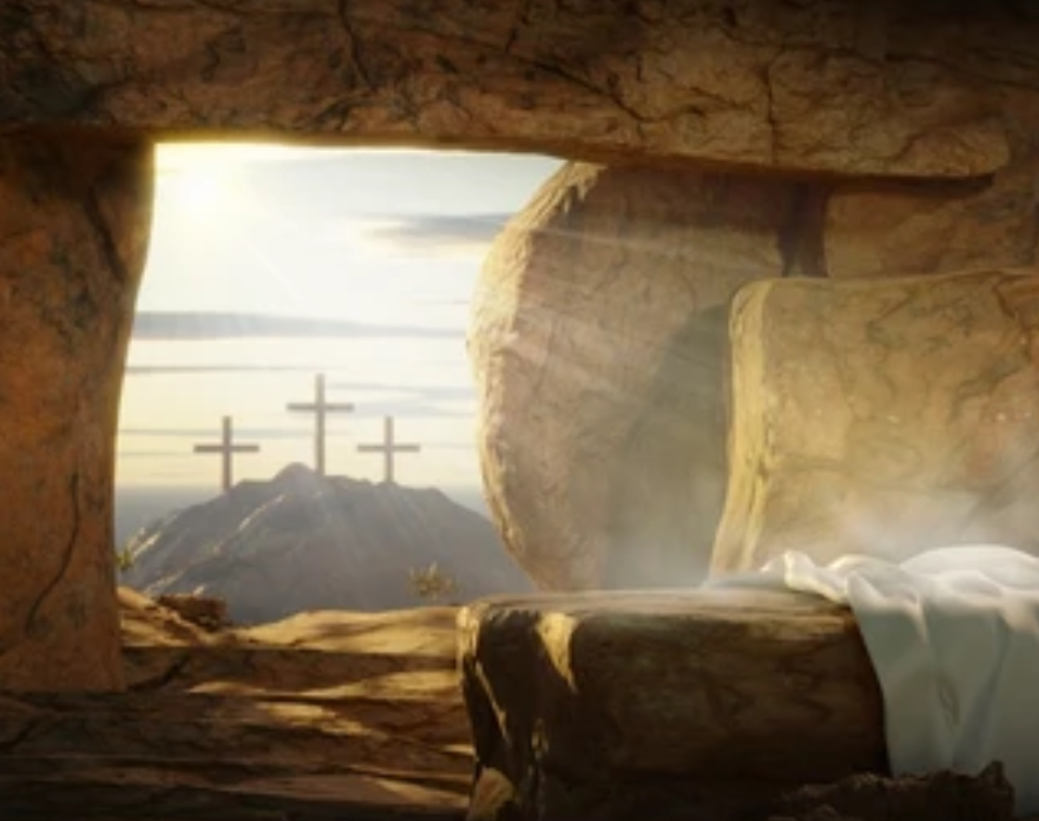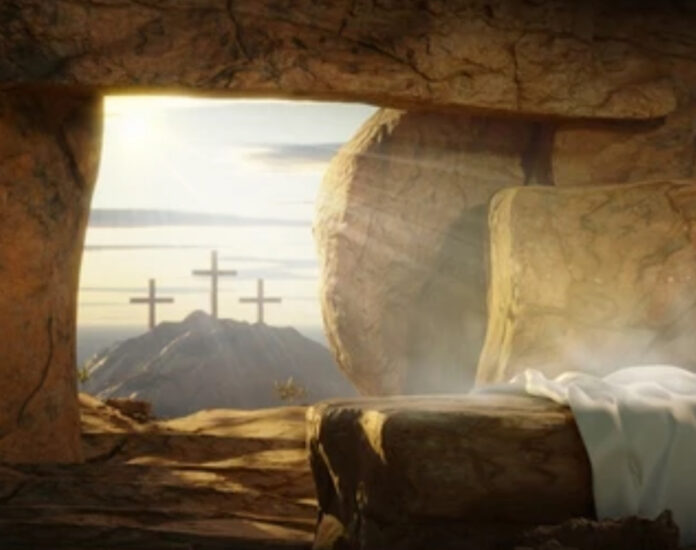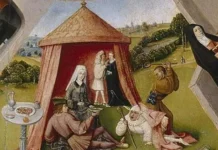 Bruce Charlton ponders the double negative thinking behind the false premise that Jesus came to earth to help people with their daily problems.
Bruce Charlton ponders the double negative thinking behind the false premise that Jesus came to earth to help people with their daily problems.
Twenty-first century “Christians” (if you can find one) would agree – and would regard Jesus as the best Man who ever lived exactly because he went around healing people, feeding the poor, raising the dead – and eventually set up a church that (allied with government), “made the world a better place” through taking practical action to overcome misery and suffering …
… And when the double-negative understanding of life and morality collapses; it often leaves-behind (the sin of) despair; because the realization dawns that if my life is striving to overcome suffering, then the only certain answer is death and annihilation of that life.
Ahh, the old ‘making the world a better place’. On a weight for weight numbers basis, considering the number of people in the world through the 20th and 21st centuries, I would say that more evil has been perpetrated under that moniker than any other in human history.
But I digress. If we’re not here to sort out our problems then what’s the point?
The whole point is to willingly and actively align ourselves with God. To choose Him over everything else. To be worthy of His love. The problems that we encounter in our lives are pathways to God. They are opportunities to choose wisely.
Running around attempting to solve all of our problems, or even worse and much more common, the problems of others, is not seeing the wood for the trees, or putting the cart before the horse, or pick your own apt metaphor and stick it here.
It doesn’t mean that we do not attempt to solve our problems at all. We still need to bring up families, care for the sick, do good works, in other words. But we do this in two stages regarding God.
The first stage is to accept God as the entire reason for our existence here. Often it is a major problem in our life which propels us in that direction. And it is entirely up to us to make the most of those opportunities. More often than not, people choose poorly and do not grasp the opportunity to turn towards God when it is given to them. And so another major problem/opportunity will appear to help them choose again. And so on it goes.
The second stage is dealing with issues after accepting God and continually trying to live your life in His image. My manner is to give my problems to God. I ask for his guidance so as to act with grace and virtue in my daily travails. And most of all, to accept His wishes as to how the resolution of my issues unfolds. Thy will be done.
And then there is death. Charlton writes:
In a world where death is understood as utter annihilation of the self; a life-focus on the alleviation of suffering is the precursor to a culture of death attained by suicide.
To Christians, death is the sublime moment when we are reunited with God. Real Christians welcome death in that sense. That is why the martyrs were able to face death in such a state of grace. Jesus conquered death for us by rising from the dead. Without that act then our faith would indeed be useless. Death is not the end, but rather the beginning.
For the secular world, they would indeed be fortunate if death were the utter annihilation of the self. But it is not so. In death they will discover the vast emptiness of remorse for their sins. The souls in hell feel a total sense of remorse. But remorse is simply feeling sorry for yourself. It is not repentance.
Repentance needs to happen here on earth if it is to have any meaning. If necessary, and usually it is necessary, it will be completed in Purgatory. But for the vast majority of souls, who had their fair chances just like everyone else, there awaits an eternity of separation from God, willingly chosen by them.
Originally published at Pushing Rubber Downhill. You can purchase Adam’s books here.










